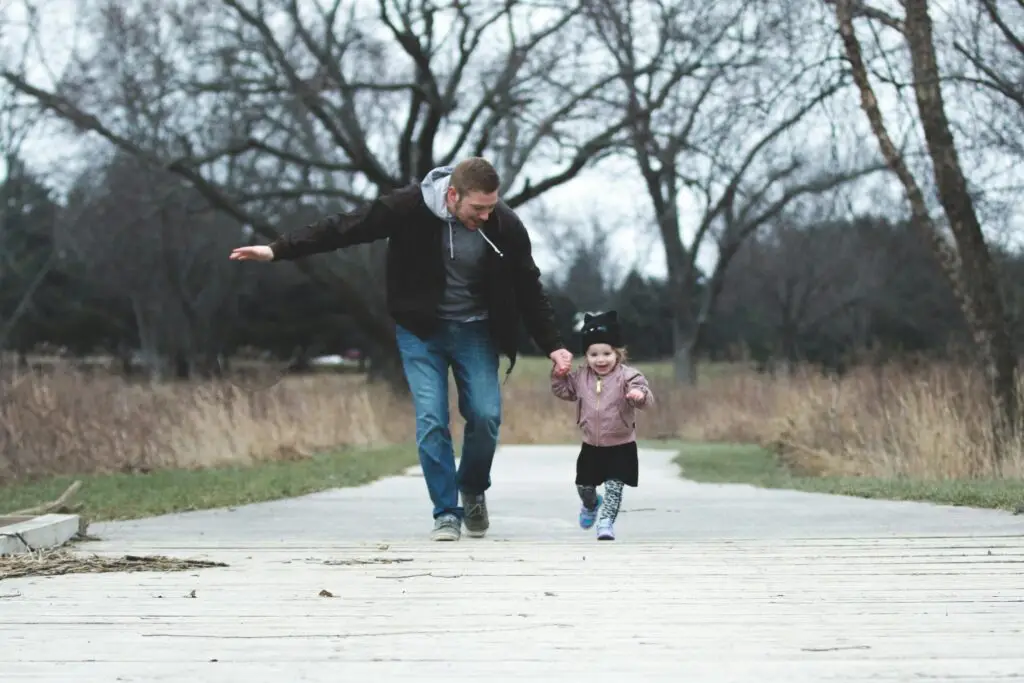Parenting can often feel like walking a tightrope between setting boundaries and nurturing a loving connection. Gentle parenting offers a refreshing perspective, challenging traditional discipline methods in favor of empathy, respect, and understanding. But what exactly is gentle parenting, and how can new parents get started with this approach?
This blog post dives into the fundamentals of gentle parenting, exploring its principles, benefits, and practical strategies. If you’re a parent looking to foster a stronger emotional connection with your child while guiding them to become resilient, compassionate individuals, this guide is for you.
What Is Gentle Parenting?
Gentle parenting is not just a method; it’s a mindset. Rooted in empathy, mutual respect, and understanding, gentle parenting focuses on nurturing a child’s emotional development alongside guiding their behavior. Instead of relying on punitive measures like time-outs or harsh discipline, this approach encourages collaboration, positive reinforcement, and communication.
Rebecca Eanes, author and founder of Positive-Parents.org, aptly sums it up:
“Gentle parenting is not a set of rules to follow, but a mindset that fosters a deep connection between parents and their children.”
At its core, gentle parenting highlights the belief that children are inherently good, and their behavior—especially tantrums or defiance—is simply a form of communication. When we understand their feelings and needs, we can respond with compassion and guide them toward growth.

Key Principles of Gentle Parenting
- Empathy – Understanding and validating your child’s emotions.
- Respect – Treating your child as a capable individual with their own thoughts and feelings.
- Boundaries – Setting clear but kind limits to guide behavior.
- Connection – Building a secure and loving relationship as the foundation for growth.
The Benefits of Gentle Parenting for Child Development
Gentle parenting isn’t just about avoiding conflict; it creates long-lasting benefits for a child’s emotional health, behavior, and relationships.
1. Enhanced Emotional Intelligence
By validating your child’s emotions, you teach them how to recognize and manage their feelings. Dr. Shefali Tsabary, clinical psychologist and author of “The Conscious Parent”, emphasizes,
“The lasting effects of gentle parenting on a child’s brain development and emotional regulation cannot be overstated.”
Children raised with gentle parenting are more emotionally aware and better equipped to handle stress as they grow.
2. Better Behavior Without Fear
Instead of inducing discipline through fear, gentle parenting encourages children to make positive choices because they understand the why behind the rules. This creates self-regulation rather than compliance driven by fear of punishment.
3. Stronger Parent-Child Connection
A foundation of trust and respect strengthens the bond between parent and child. This fosters open communication and a secure attachment, preparing children to build healthy relationships in the future.
Getting Started with Gentle Parenting
If you’re ready to try gentle parenting, here are actionable steps to get started at different stages of your child’s life.
1. For Babies (0–1 year)
- Respond to cries promptly to build trust.
- Comfort and soothe without fear of “spoiling” them.
- Focus on building a secure connection with plenty of physical affection.
2. For Toddlers (2–4 years)
- Use gentle redirection instead of shouting “no.” For example, if your child is throwing blocks, suggest a safer alternative like stacking them.
- Offer choices to give them a sense of control (“Do you want to wear the blue shirt or the red one?”).
- Narrate emotions to help them understand their feelings (“I see you’re upset because we’re leaving the park. It’s hard to stop doing something fun!”).
3. For Older Kids (5 and up)
- Explain the reasons behind rules. Instead of “Because I said so,” try, “It’s bedtime now so you can get enough rest to have energy for tomorrow.”
- Model problem-solving by involving them in conversations about solutions to conflicts.
- Recognize and celebrate cooperation or acts of kindness to reinforce positive behavior.
4. Consider Daily Practices
- Replace punishments with natural consequences. For example, if a toy is broken because of rough play, involve your child in repairing it or discuss the effort it takes to replace it.
- Have check-ins to openly discuss feelings and events throughout the day.

Overcoming Challenges in Gentle Parenting
1. Misconception of “No Discipline”
One major myth about gentle parenting is that it’s permissive. However, this couldn’t be further from the truth. Dr. Laura Markham, clinical psychologist, clarifies,
“Gentle parenting is not about being permissive, but about being responsive and respectful in guiding your child’s behavior.” Discipline still exists, but it’s rooted in teaching rather than punishing.
2. Handling Public Tantrums
An easy-to-try approach is naming the emotion (“You’re frustrated because we’re leaving the store”). Stay calm, help your child calm down, then discuss the situation.
3. Consistency Takes Practice
Shifting from traditional methods to gentle parenting might feel overwhelming. Start small. Focus on one principle—like incorporating empathy—and build from there.
Find Your Tribe: The Role of Community Support
Parenting isn’t meant to be done alone, and this is especially true for gentle parenting. Surrounding yourself with a supportive community can make all the difference.
Consider joining local parenting groups, online forums, or social media communities dedicated to gentle parenting. These spaces offer encouragement, resources, and relatable stories from other parents navigating this rewarding but challenging approach.
Real-Life Stories of Success
1. A Mother & Spirited Toddler
One mother recounts how adopting gentle parenting transformed her relationship with her spirited 3-year-old. By switching from punishment to meeting her child’s needs with empathy, their home became more peaceful, and tantrums dramatically decreased.
2. Siblings Adjusting to a New Baby
A family of four credits gentle parenting for helping their older child adjust after the arrival of a baby sibling. They focused on proactive discussions, empathy, and maintaining a sense of security, strengthening the sibling bond.
3. A Single Dad’s Journey
A single father shares how applying respectful communication and mutual trust strengthened his relationship with his teenage daughter, helping her through a difficult school year.
Start Your Gentle Parenting Journey
Gentle parenting offers an empowering way to guide your child while fostering mutual respect and emotional growth. By understanding your child’s emotions and providing clear, loving guidance, you can create lasting relationships that thrive on trust and connection.
Are you ready to take the next step? We’d love to hear about your experiences. Share your story in the comments or join our thriving community of gentle parents! Looking for more insights? Explore recommended gentle parenting books to deepen your knowledge.



